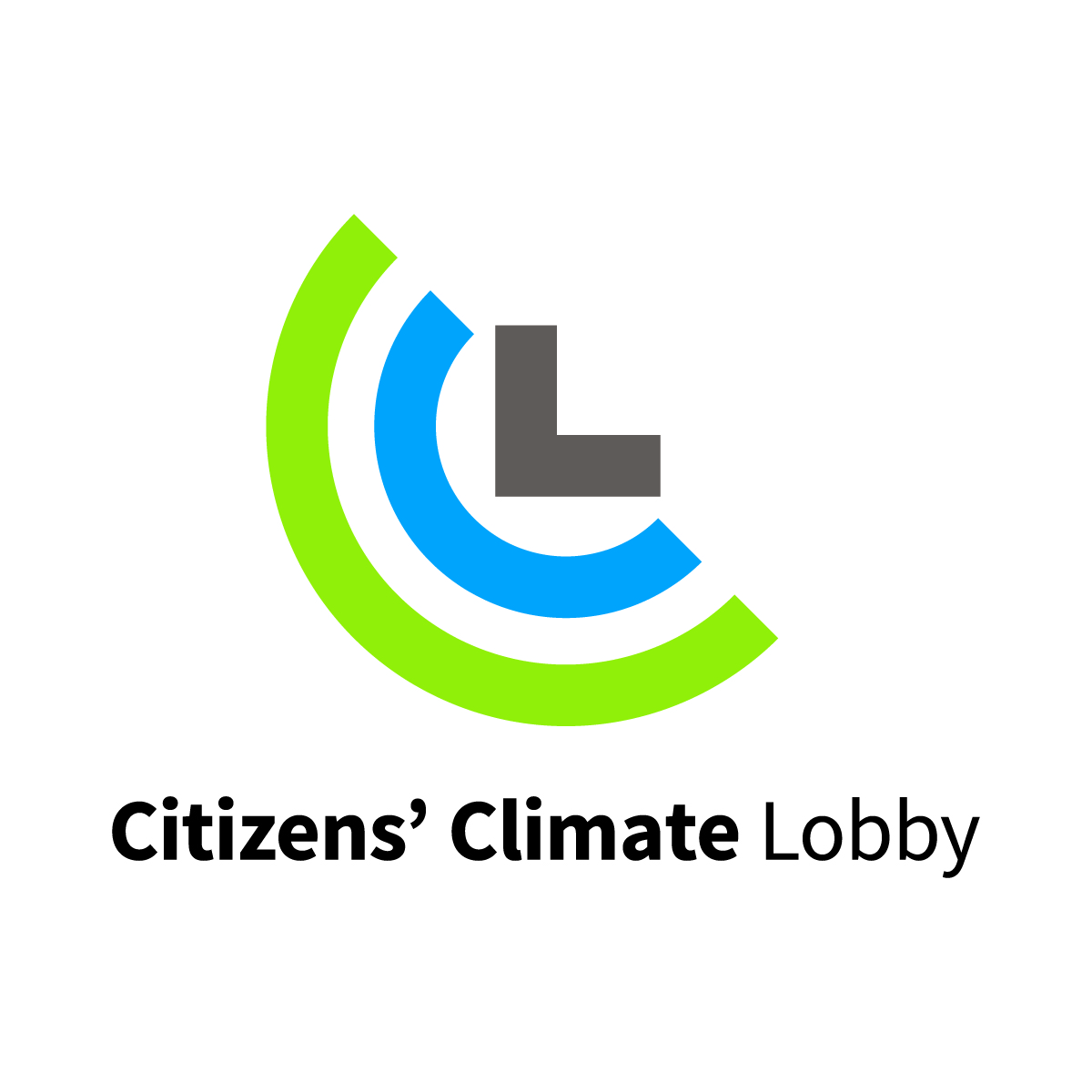A carbon tax is key to addressing the climate crisis — and carbon dividends could get Congress to support one.
James Hansen and Jonathan Marshall (September 8, 2021)
(This article appeared in the Boston Globe on September 8, 2021.)
As severe storms ravage the country from Louisiana to Massachusetts and wildfires consume forests and homes in the West, Congress must not fail to include in the pending budget reconciliation bill comprehensive steps to curb the climate crisis that threatens us all with even worse calamities.
However, President Biden’s ambitious goal of slashing greenhouse gas emissions 50 percent by 2030 cannot be achieved by piecemeal subsidies to promote cleaner energy — electric cars and the like ― as long as dirty fossil fuels enjoy subsidies estimated by the International Monetary Fund at more than $600 billion annually.
The vast bulk of those subsidies represent the unpriced cost to humans of burning fossil fuels: climate disruption and the health effects of air pollution. Any serious climate program must eliminate them without causing economic havoc.
Fortunately, several such programs are immediately at hand. Three pending climate bills would achieve Biden’s bold climate targets, satisfy budget reconciliation criteria, and meet the all-important political criterion of achieving public support.
Get Weekend Reads from IdeasA weekly newsletter from the Boston Globe Ideas section, forged at the intersection of ‘what if’ and ‘why not.’
The Energy Innovation and Carbon Dividend Act (H.R. 2307), America’s Clean Future Fund Act (S. 685), and the Save Our Future Act (S.2085), all share two key provisions: a predictably rising fee on polluting fossil fuels and a partial or full return of revenue to every American.
Their first feature is the most familiar. An unprecedented 3,623 US economists from across the political spectrum, including 28 Nobel laureates, have declared that “a carbon tax offers the most cost-effective lever to reduce carbon emissions at the scale and speed that is necessary.”
The second feature of these bills, known as the “dividend,” is the key to helping members of Congress protect their constituents’ physical and economic well-being without being branded “pro-tax” by opponents.
As Treasury Secretary Janet Yellen has argued, “the most politically viable way” to build support for a tax on carbon polluters is by earmarking the revenues to make most American voters better off right away — even before its climate benefits start to show. Providing “carbon dividends” to every resident transforms the cod liver oil of a new tax into a milkshake that most Americans would happily consume for years to come.
Analyses by the US Treasury, Columbia University, and other research centers agree that returning carbon tax revenues in the form of equal dividends to every individual provides net financial benefits to roughly two-thirds of Americans, while still motivating them to reduce their carbon footprint. These benefits supplement the huge but less immediately tangible benefits from mitigating climate disruption and deadly air pollution.
This approach appeals to many conservatives as well as progressives.
Two dozen Utah Republican politicians recently stated, “We support a carbon dividends approach that puts a fee on carbon emissions and returns all the money to the American people in dividend checks. This approach does not require heavy-handed government oversight. The fee gives the markets an incentive to move to cleaner technologies, while the dividend protects families from the effect of higher energy prices. Most families should come out financially ahead, and they will be rewarded for reducing emissions however they choose.”
Economist James Boyce, author of “Economics for People and the Planet,” has made the progressive case that “carbon dividends would help to mitigate the problem of wide and rising income inequality. At the same time, universal dividends can help to foster an ethic of shared interests and shared responsibilities in an era when divisiveness is emerging as a peril to pluralist societies.”
Dividends from a $50-per-ton carbon tax would raise the net income of the bottom tenth of income earners by nearly 9 percent, according to a US Treasury study. Smaller gains would accrue to middle-income households. Most Black, Latino, and Asian American families would also benefit.
Most voters already grasp these benefits. US opinion polls consistently show support from 60 to 70 percent of voters for a tax on fossil fuel companies coupled with carbon dividends.
Few climate policies would be so effective as economy-wide carbon fees. Few if any climate policies would so immediately improve the welfare of ordinary Americans and win political support as carbon dividends. Carbon fees and dividends should be a central part of any climate policy in the upcoming reconciliation bill.
James Hansen is director of the Program on Climate Science, Awareness and Solutions at Columbia University Earth Institute.
Jonathan Marshall is former economics editor of the San Francisco Chronicle and co-founder of the Economics Policy Network of Citizens Climate Lobby.
